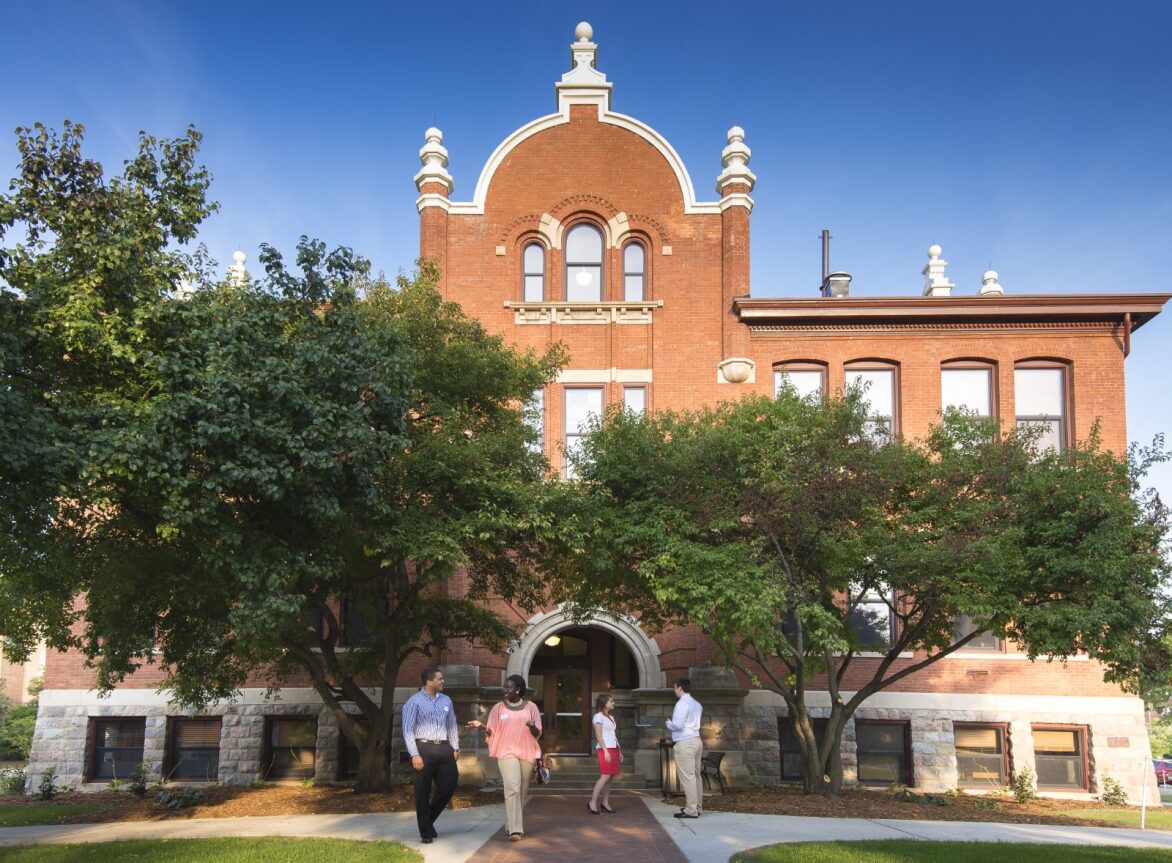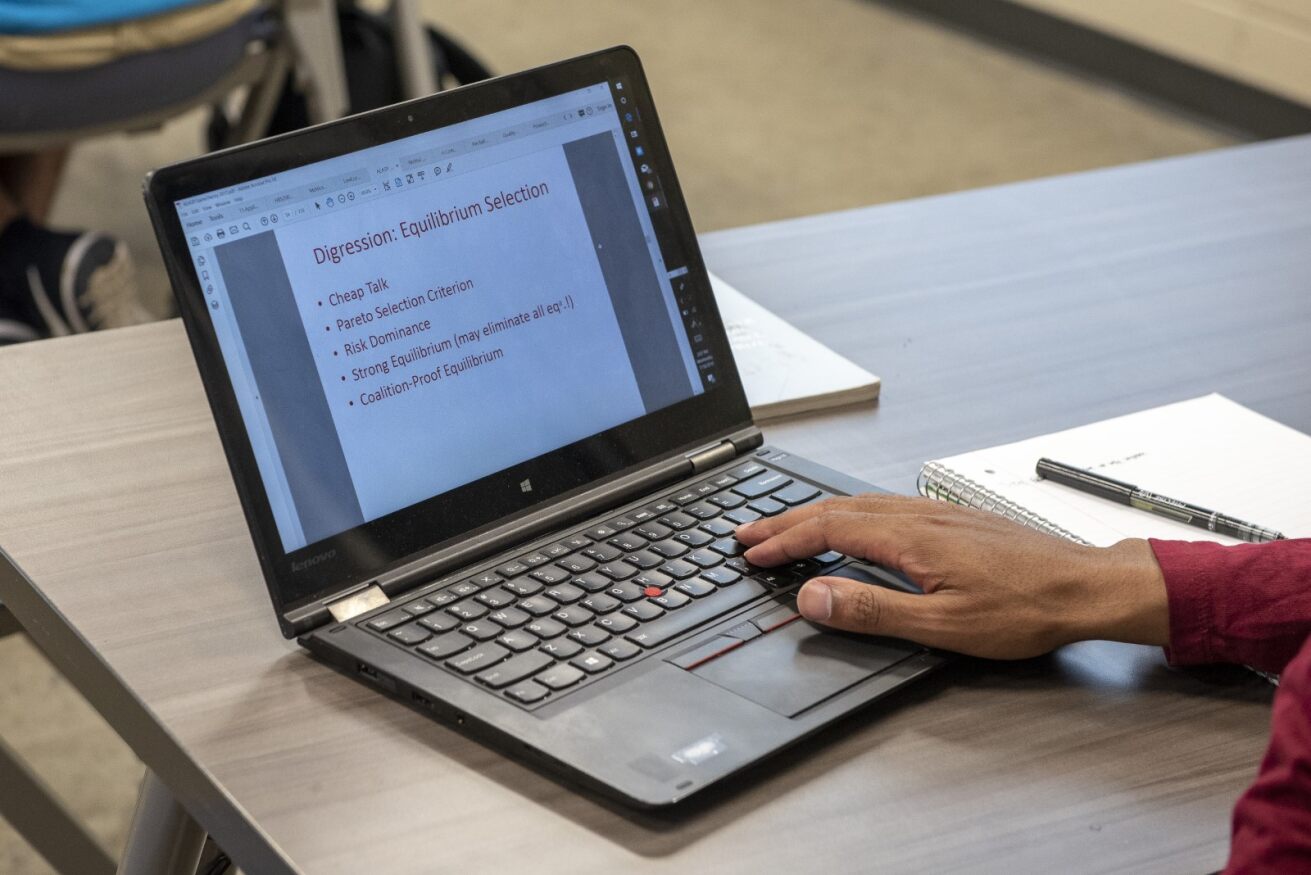Paul Strassmann was a faculty member in the Department from 1956 to his retirement in 1995.
Paul was born in Berlin in 1926, where his family worked in medicine. The family left Germany in 1936-37 to escape Nazi persecution, initially settling in Minnesota, where his father had a fellowship at the Mayo Clinic. In 1938, the family moved to Houston, where his father could receive a medical license and resume practice. Ironically, after the attack at Pearl Harbor, the U.S. classified Paul and his family as enemy aliens.
Initially studying at Rice University, he joined the Navy in 1944. After the war, he enrolled at the University of Texas at Austin, graduating in 1949 with a BA in economics followed by an MA in economics from Columbia University in 1950. Fluent in Spanish, he accepted a position with the U.S. Department of Commerce in the Latin American Republics Division. Several years later, Paul received his Ph.D. from the University of Maryland.
Paul was a prolific researcher, publishing nine books and nearly 100 articles. Specializing in the industrialization and urbanization of developing economies, he was an expert on housing and the residential construction industries in less-developed countries. Much of his work involved extensive data collection in the field, for which he received financial support from such agencies as the Ford Foundation, USAID, and the World Bank. An institutionalist, Paul’s research considered the social and historical context of the issue and made use of insights from other social science disciplines.
Paul taught a wide range of undergraduate and graduate courses during his time at Michigan State, mostly focused on economic development and the economies of Latin American nations. In 1960, he organized the department’s first graduate sequence in development economics, a sequence in which he taught for decades. He guided 16 Ph.D. dissertations, many centered in developing countries.
Among his colleagues, Paul was known for being funny and irreverent, with a dry wit and skill for cartoons that enlivened many Department activities.
Following retirement, Paul and his wife established the W. Paul Strassmann Fellowship at Michigan State University to assist promising economics graduate students.
Paul and his wife, Betty, lived in East Lansing. Strassmann died in 2021.

